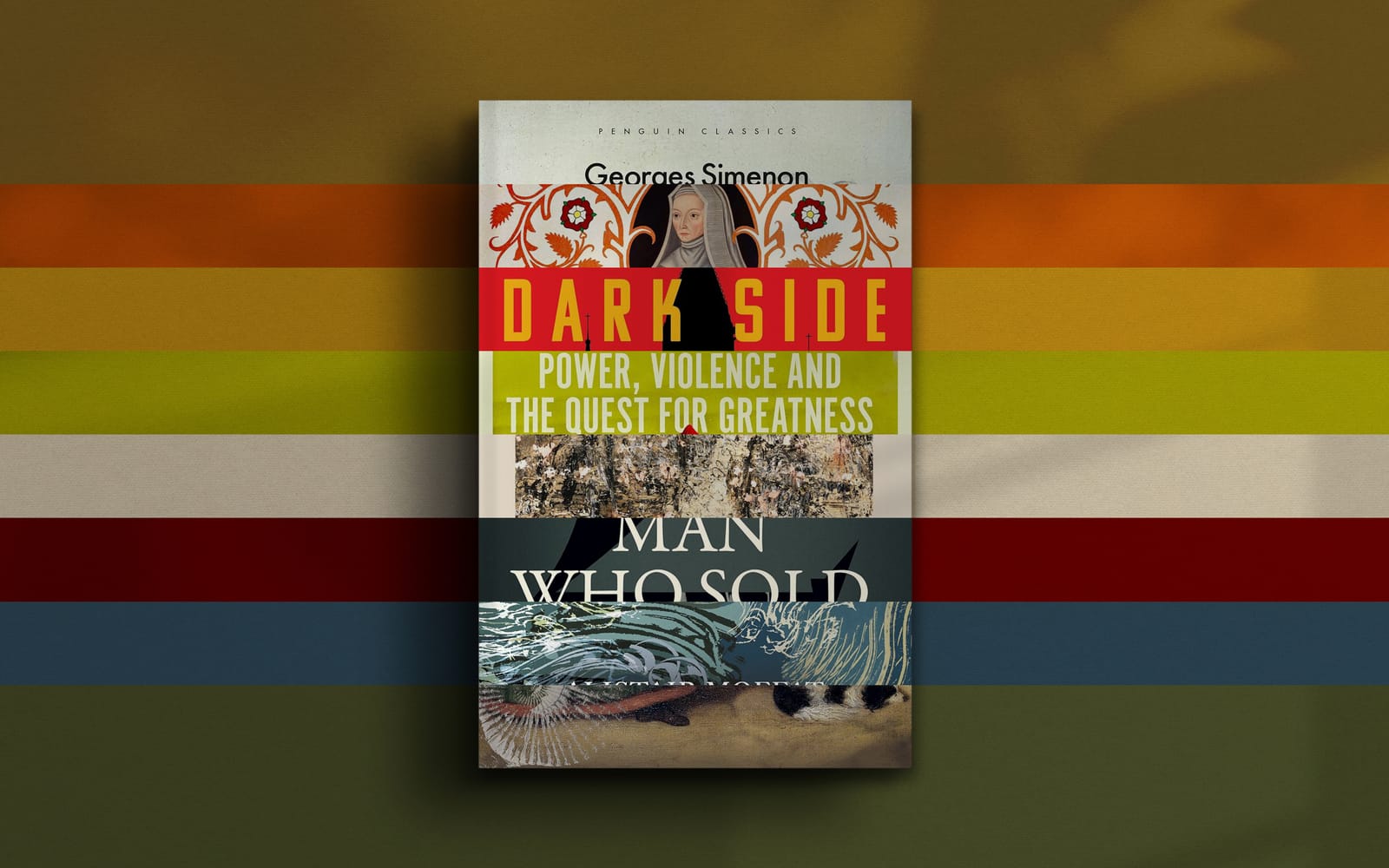New History Books for September 2024
From Ancient India to Chernobyl, the Commonwealth of England to King Henry V
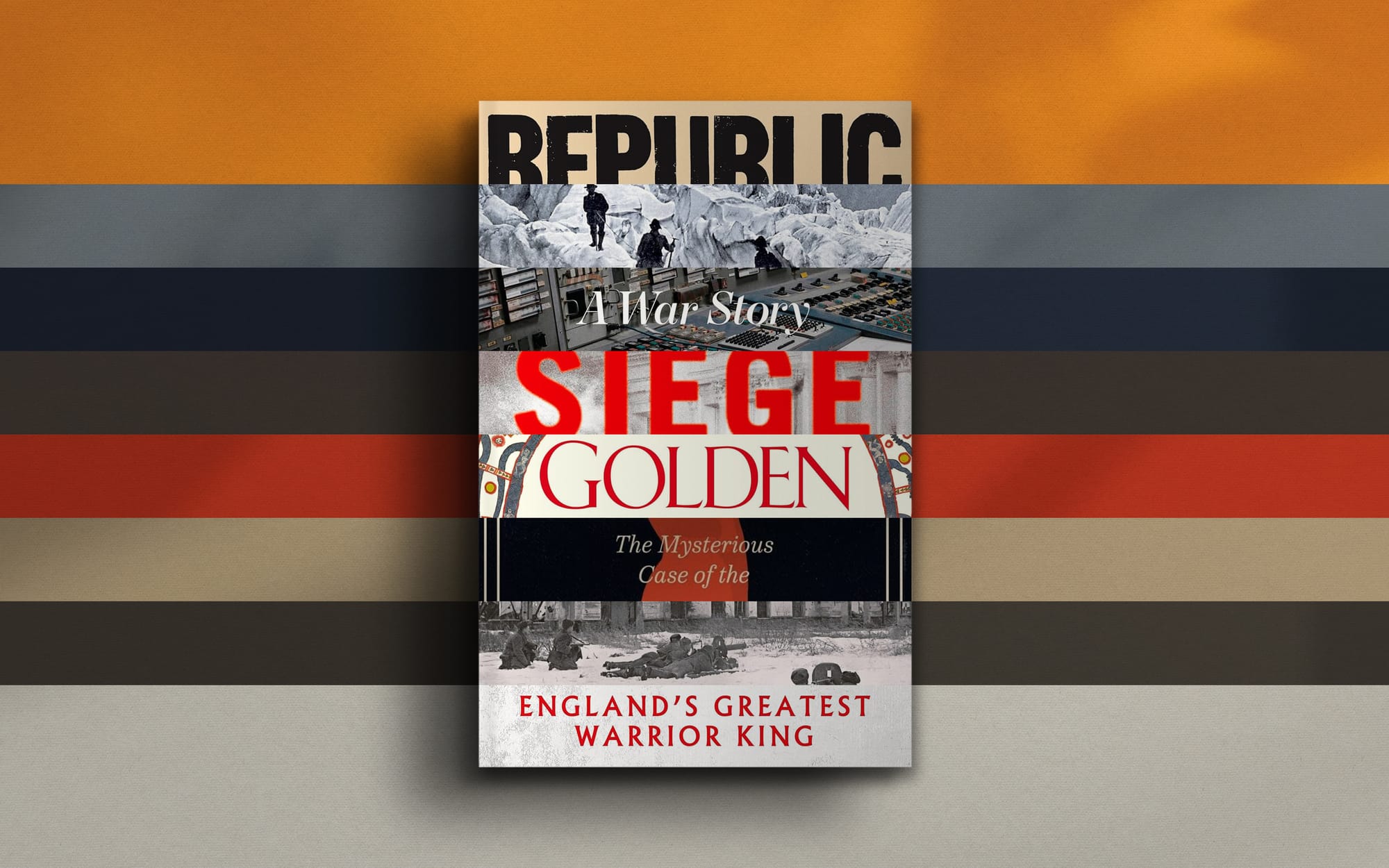

Here is a selection of anticipated new history books that will be released over the month ahead.

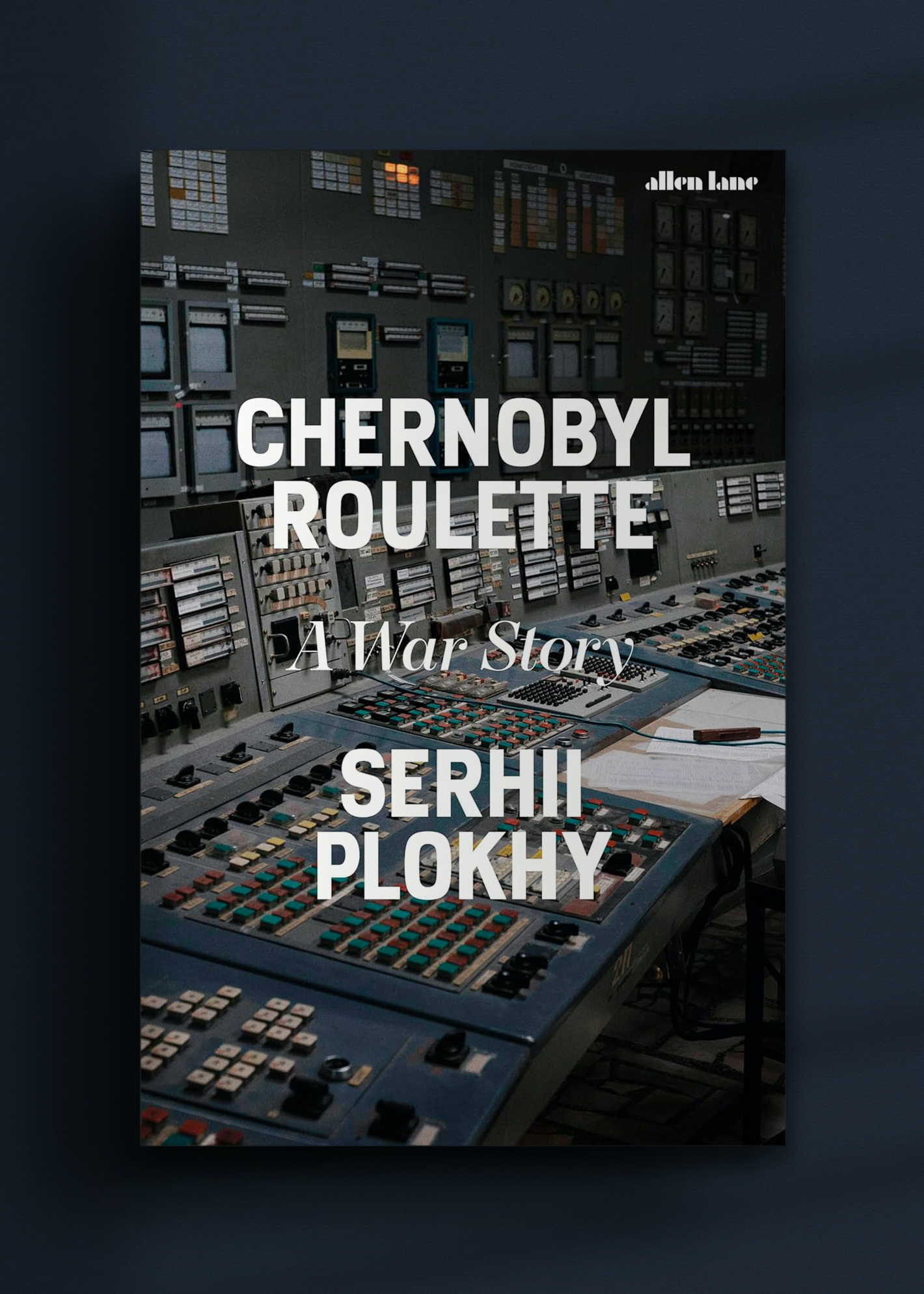
Chernobyl Roulette: A War Story by Serhii Plokhy
Allen Lane, 3 September 2024
When Serhii Plokhy's Chernobyl: History of a Tragedy won the Baille Gifford Prize for non-fiction in 2018, the subject seemed—both historically and geographically—a somewhat distant one.
The Russian invasion of February 2022, however, drew Ukraine right into the centre of global geopolitics and it also brought a new, unsettling relevance to the old Chernobyl story. The reason for this forms the plot of Plokhy's new book: Chernobyl Roulette. During the dramatic first day of the invasion, Russian soldiers closed in on the old nuclear facility in the north of the country. This did so in a ham-fisted, irresponsible manner, making prisoners of the plant's 300 specialist personnel and disturbing acres of radioactive ground.
It has long been acknowledged that if humanity is to fall victim to a nuclear catastrophe, then incompetence rather than malevolence will be the most likely cause. In this fast-paced, tension-infused narrative, Plokhy ably demonstrates this unsettling truth.

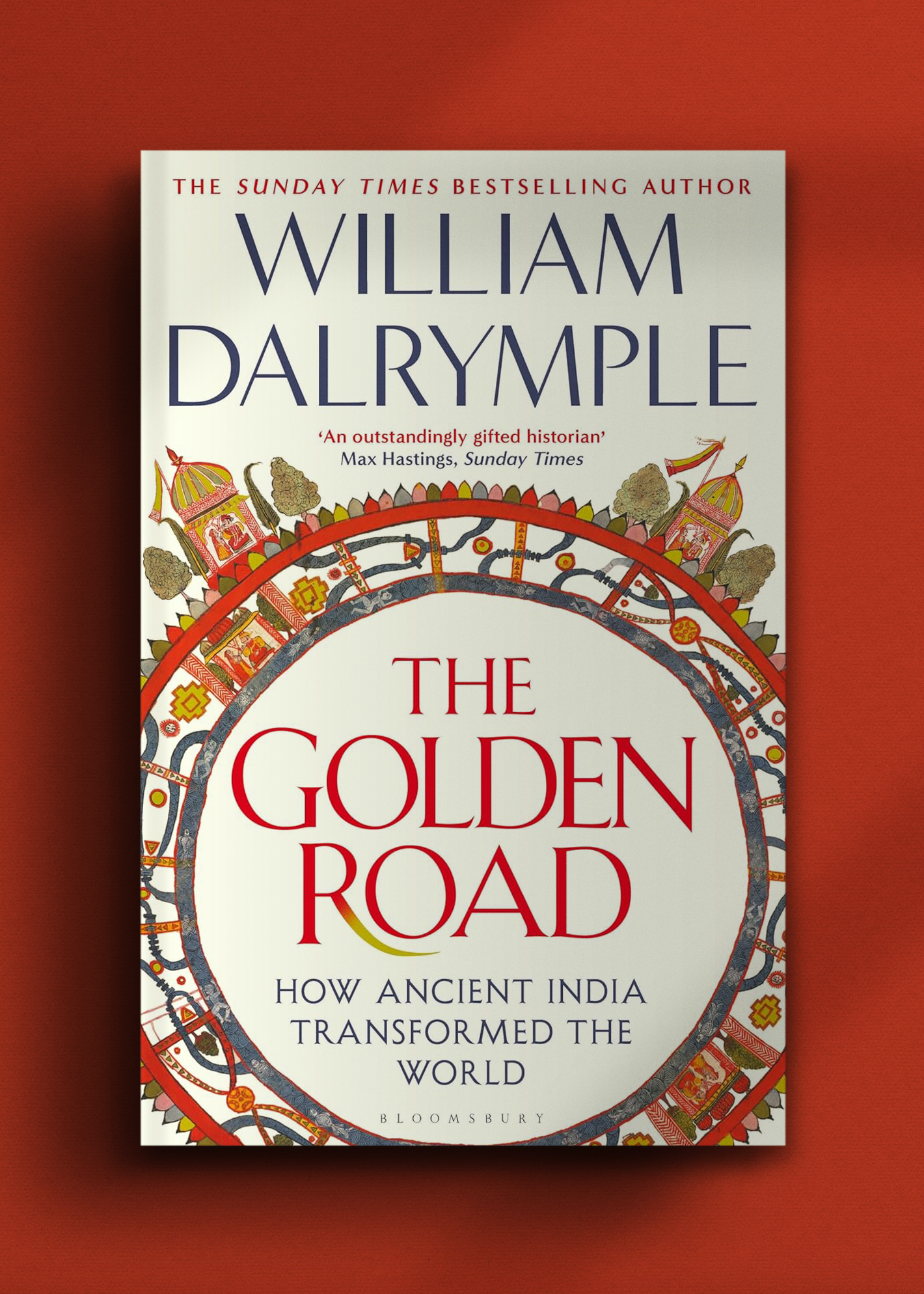
The Golden Road: How Ancient India Transformed the World by William Dalrymple
Bloomsbury, 5 September 2024
Five years have now passed since William Dalrymple's The Anarchy appeared, laying bare the rapine of the British East India Company and demonstrating just how a corporate business, headquartered on Leadenhall Street in the City of London, assumed power over hundreds of millions of people half a world away.
The Anarchy was really a culmination for Dalrymple, bringing to a close many years of study and writing on the activities of the East India Company. His new book, The Golden Road, sees him gazing much further back in time to the glorious era of Ancient India. This is a glittering book, utterly fresh and full of wonders that traces subjects as various as mathematics, science, trade and religion back to their early phases in India. In Dalrymple's words, these then radiated outwards, along a 'golden road' to change the world.

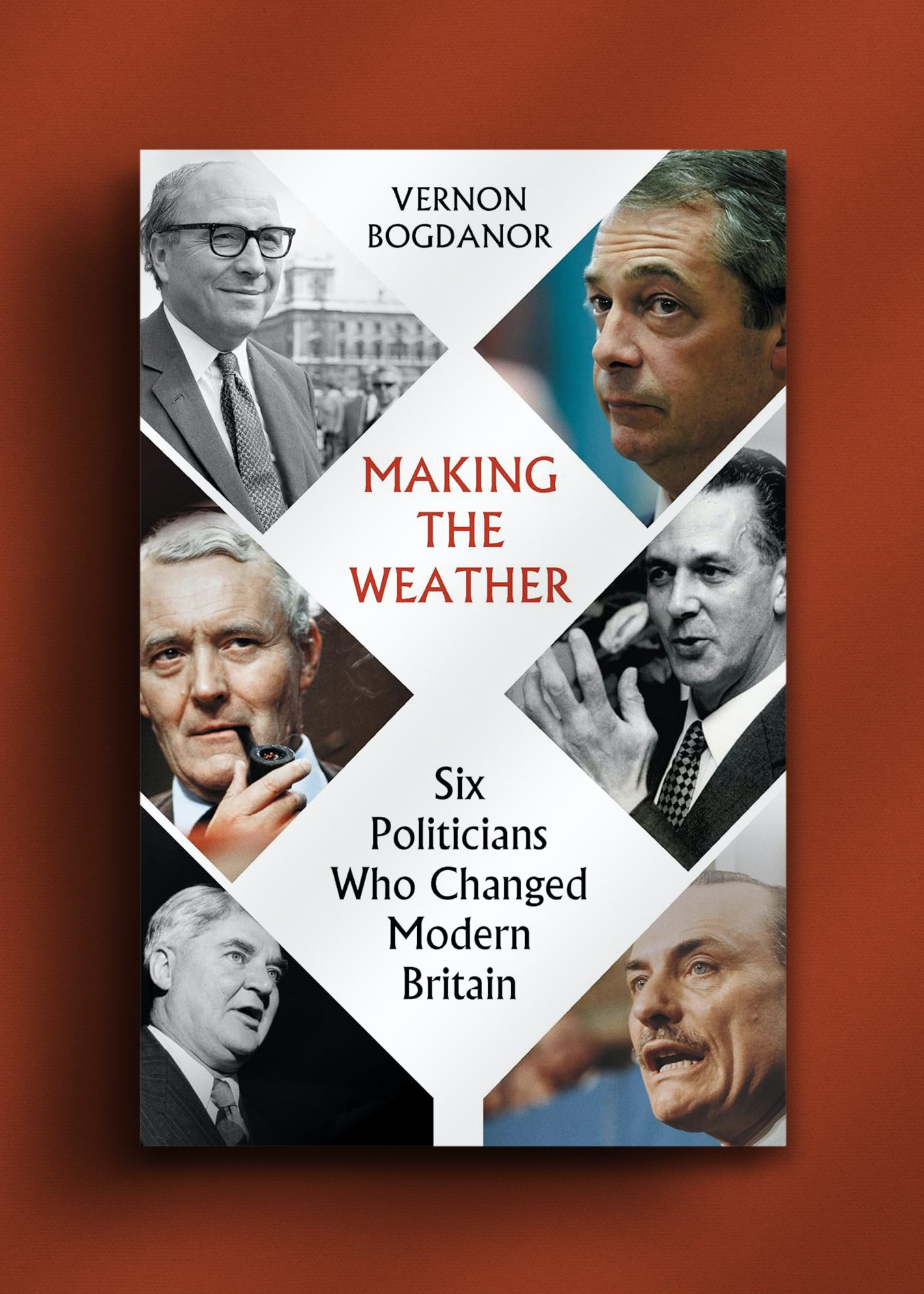
Making The Weather: Six Politicians Who Changed Modern Britain by Vernon Bogdanor
Haus Publishing, 5 September 2024
With Labour's victory in July's General Election and the arrival of Sir Keir Starmer into Number Ten, a tumultuous period in British politics seems to have come to an end. And as reflection naturally follows action, readers may well be primed for Vernon Bogdanor's elegant Making the Weather, a clever evaluation of six political figures who have 'changed' modern Britain.
Among the many who discourse on British politics, Bogdanor—a veteran scholar of high standing—stands out as someone worth listening to. He has many illuminating things to say about his intriguingly chosen cast, which includes Nigel Farage, Tony Benn and Enoch Powell. It would not be tokenism, however, to have included a woman among his character studies. After all, one of the most notable shifts in post-war politics has been the steep rise of women in the Commons (the figure has now reached 40.5%).

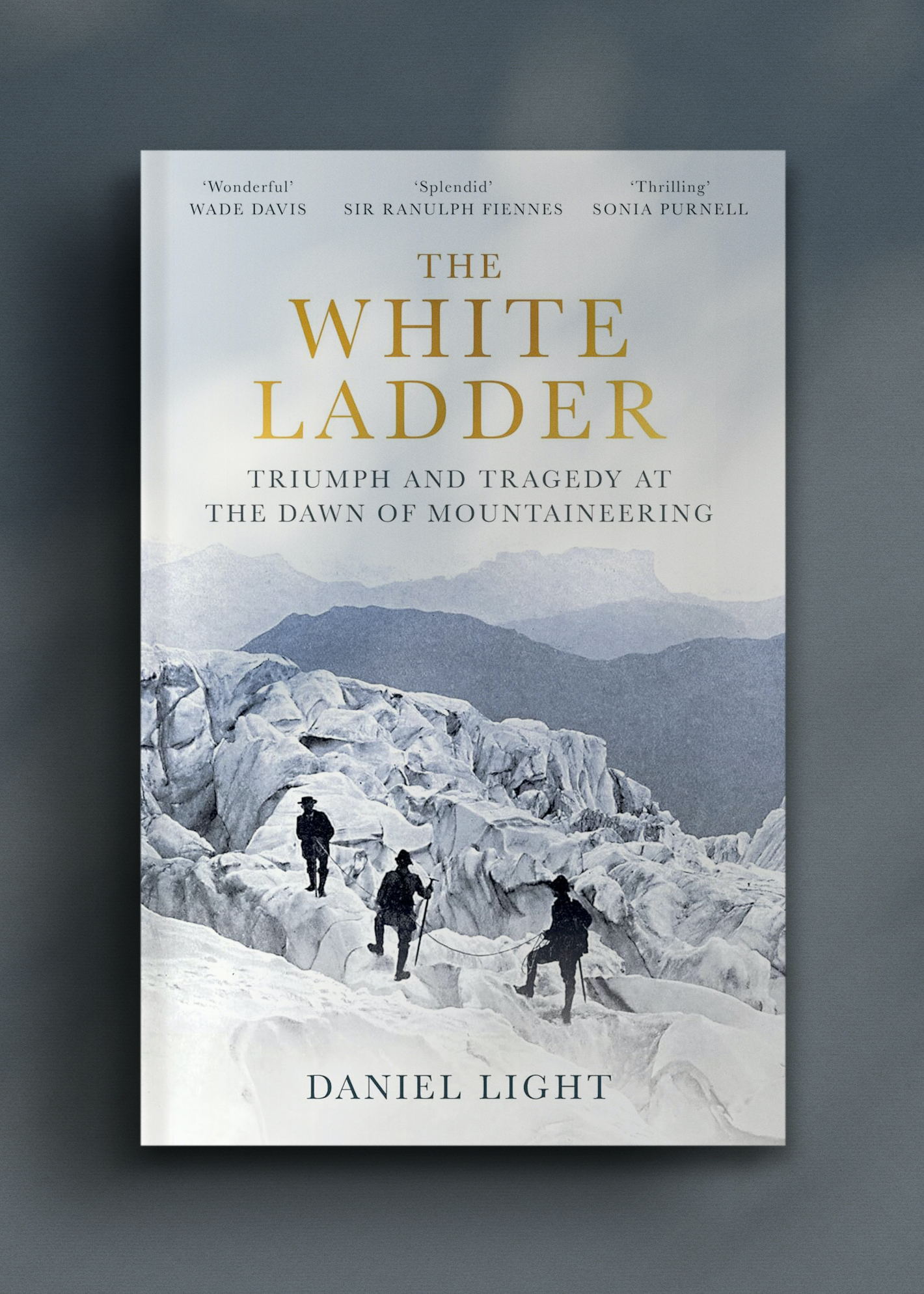
The White Ladder: Triumph and Tragedy at the Dawn of Mountaineering by Daniel Light
Oneworld, 5 September 2024
Daniel Light opens this sweeping survey of the history of mountaineering with an exchange between a reporter for the New York Times and the British mountaineer George Mallory. 'Why', wonders the journalist, why was Mallory driven to attempt vast, forbidding mountains like Everest?
Mallory's exasperated answer — 'Go ask the mercenaries and spies ... Ask soldiers and surveyors ... Ask the alpinists and cragsmen' — suggests the magical hold mountains have long had over the human imagination. It also nimbly assembles a platform upon which Light constructs his expansive account.
There is much stirring material in the stories Light relays. They range over terrain, from the Alps to the Himalayas, and across many centuries too. For those readers, Light, who have felt the powerful draw of mountains themselves, this is a book to cherish.
Why Are We Drawn to Mountains?
George Mallory, one of the central figures in the history of mountaineering, was haunted by this simple question, as the author Daniel Light explains

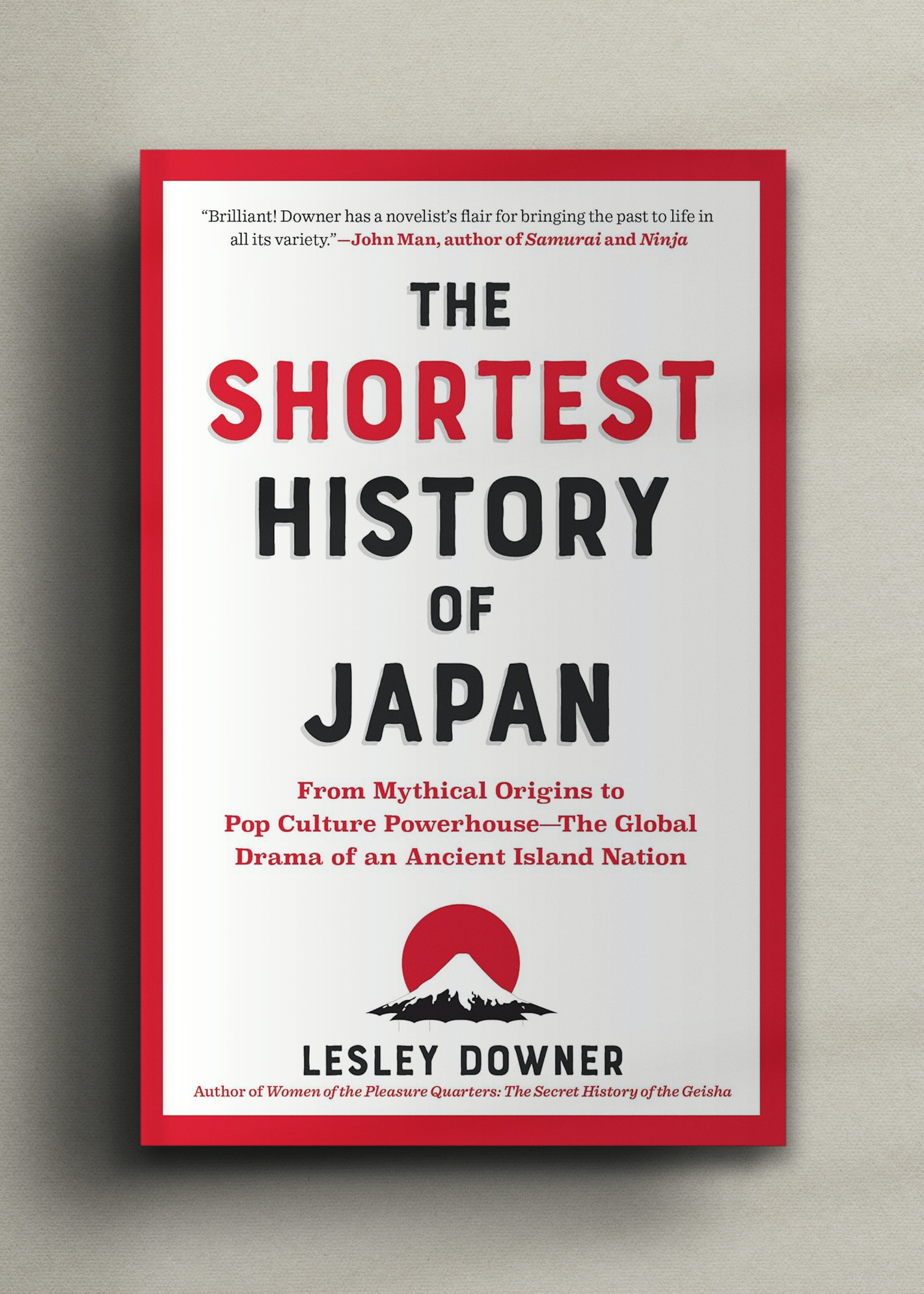
The Shortest History of Japan by Lesley Downer
Old Street Publishing, 10 September 2024
For those who believe that brevity is an elusive quality among today's historians, Lesley Downer's The Shortest History of Japan is a book that might well appeal.
Brevity, however, is not the only virtue of this striking new book. Downer has been researching and writing about Japan ever since she travelled to the Far East many decades ago with a determination to learn a completely different culture and language. Japan has remained her chief subject ever since and she has written about it, in various moments of its history, in a long series of biographies and novels.
All of this knowledge has been synthesised into The Shortest History of Japan, a book that canters through the centuries, progressing from the shoguns and the samurais of the distant, glorious past, to the baseball stars and tech entrepreneurs of today.
Travel in Old Japan
Japan in the Age of the Shoguns was a dynamic place, full of colour, energy and movement. Here Lesley Downer takes us for a trip on its old roads

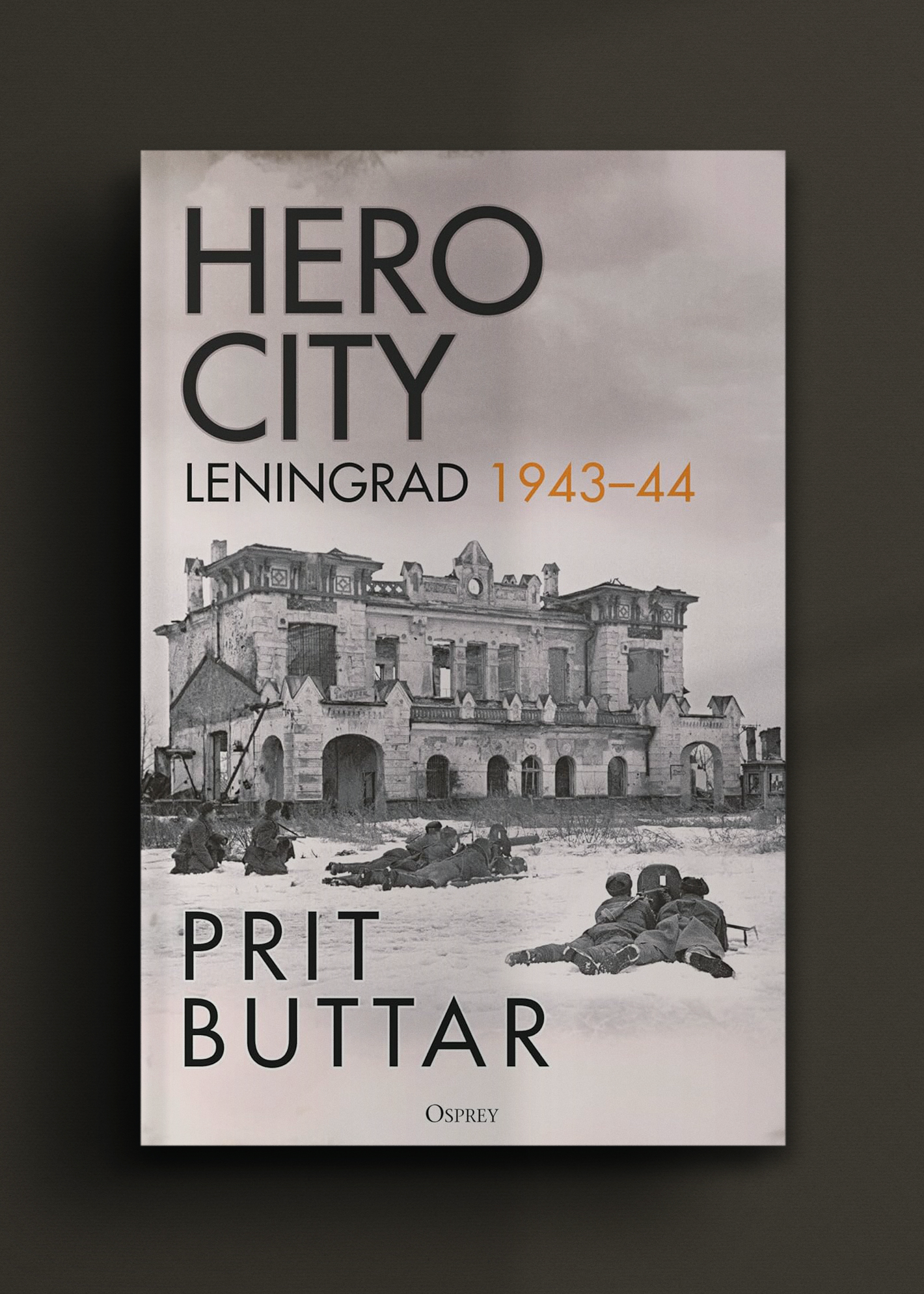
Hero City: Leningrad 1943–44 by Prit Buttar
Osprey Publishing, 12 September 2024
Over the past fifteen years, Prit Buttar has established himself as one of the best historians of the Eastern Front in World War 2. His books have ranged across that front, from Ukraine to Lithuania, and in this new book Hero City, he completes his two-volume analysis of the bitterly contested Siege of Leningrad.
Following last year's To Besiege a City: Leningrad 1941–42, which traces the progress of the initial Nazi advance and the desperate conditions within the city during the first winter, Hero City charts the progress by which Leningrad was supplied, supported and, eventually (after 900 days), relieved by the Red Army.
In today's Russia, where stories from the 'Great Patriotic War' remain in constant circulation and form a crucial part of the national identity, the bravery displayed by those in Leningrad is still celebrated. In Hero City, Buttar delves back to the original source material, in this fluent, gripping account.

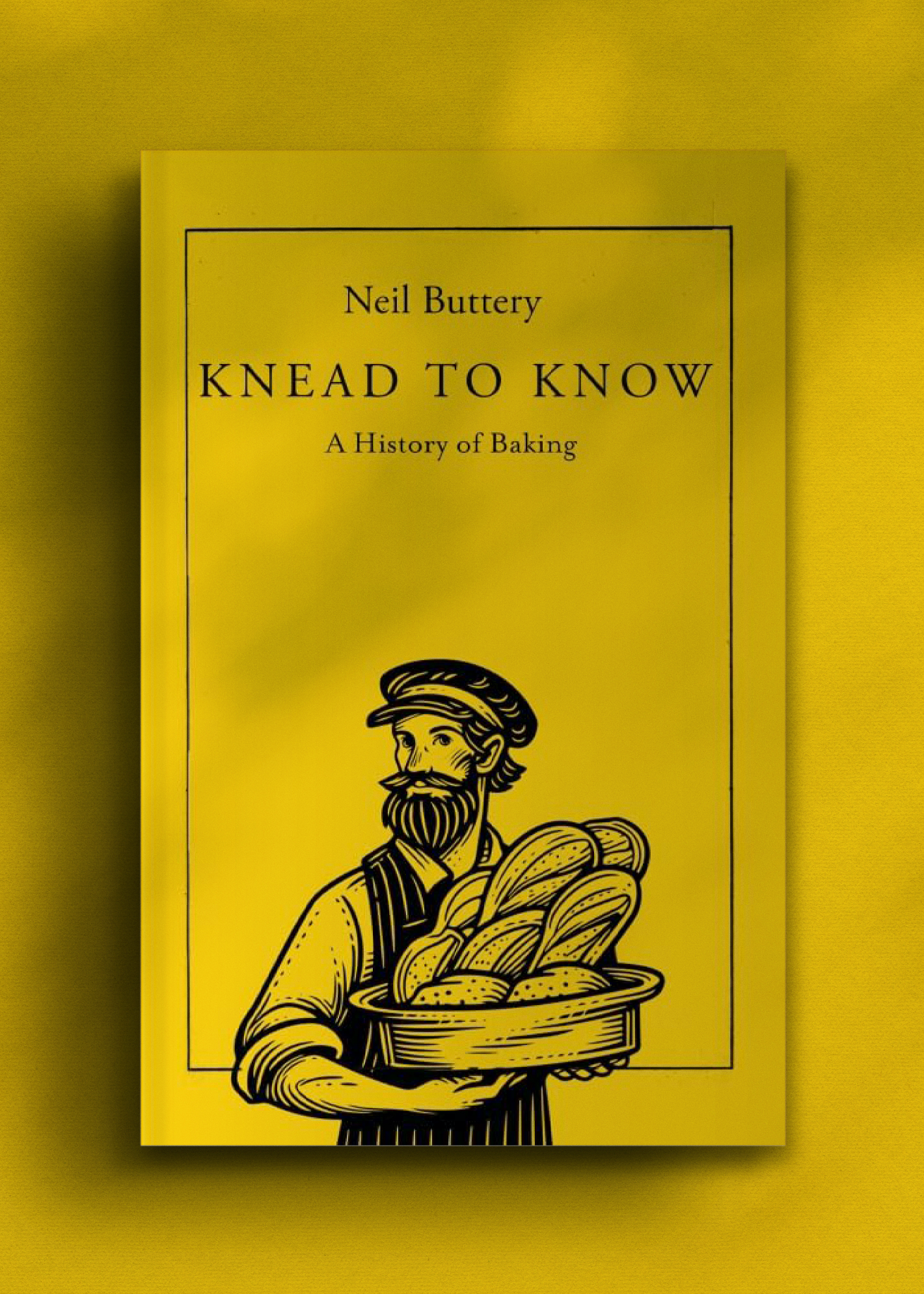
Knead to Know: A History of Baking by Neil Buttery
Icon Books, 12 September 2024
Entirely different in character from the privations of Hero City is Neil Buttery's opulent Knead to Know. Arriving at a time when the Bramley apples are swelling on their branches, Butter—a chef and restaurateur himself—sets out to both stimulate a love of baking in his readers and inform them of the long and rich history of the craft.
This makes for a rather delightful combination. Knead to Know charts the development of breads and cakes, pastries and pies; it is rich in anecdotes and relays stories about such things as the invention of the whisk and the evolution of mince pies.
Among the historical bakers that readers will meet is the memorable Charles Elmé Francatelli, chef to Queen Victoria, who rose to great heights of celebrity with his 'notorious' creation of a boar's head 'made entirely out of cake and icing in the early 1860s'. Whether Francatelli's cake merits a fresh attempt today is doubtful, but it is most certainly worth reading about.

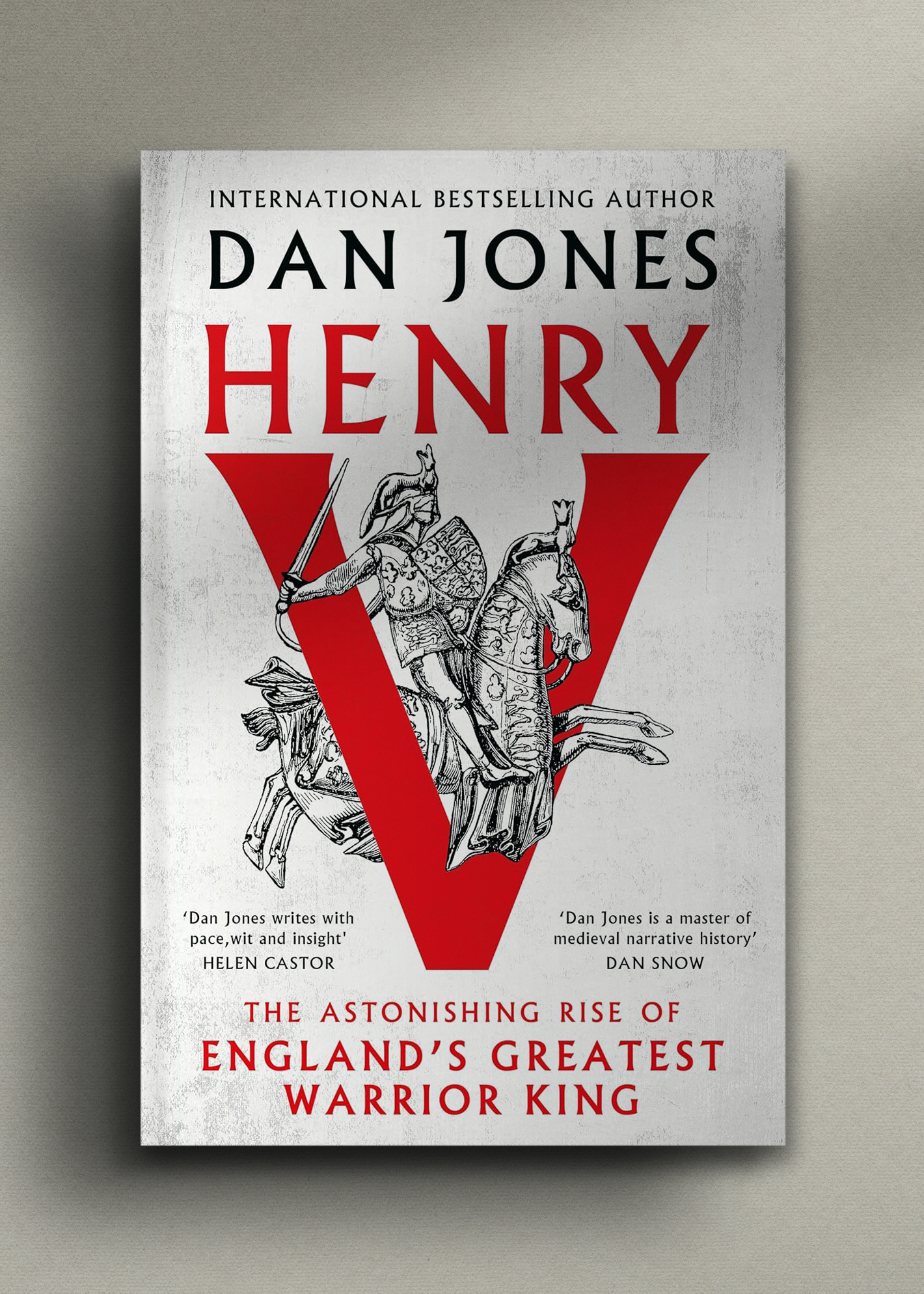
Henry V: The Astonishing Rise of England’s Greatest Warrior King by Dan Jones
Apollo, 12 September 2024
In England's rich island story, the short reign of King Henry V has long played an important and active part. His short reign at the beginning of the fifteenth century is remembered as a glorious, audacious time when Welsh arrows rained down over the fields of Agincourt and Shakespearian speeches echoed across the wind-swept hedgerows.
This, of course, is the legend. What Dan Jones presents in this high velocity new narrative history are the exhilarating facts behind the life of the man he calls 'England's greatest warrior king'. Jones is by now an established master of his period and he writes with a zip few others can match. When his style is matched with such a subject as Henry V, the result is a predictably gripping read.

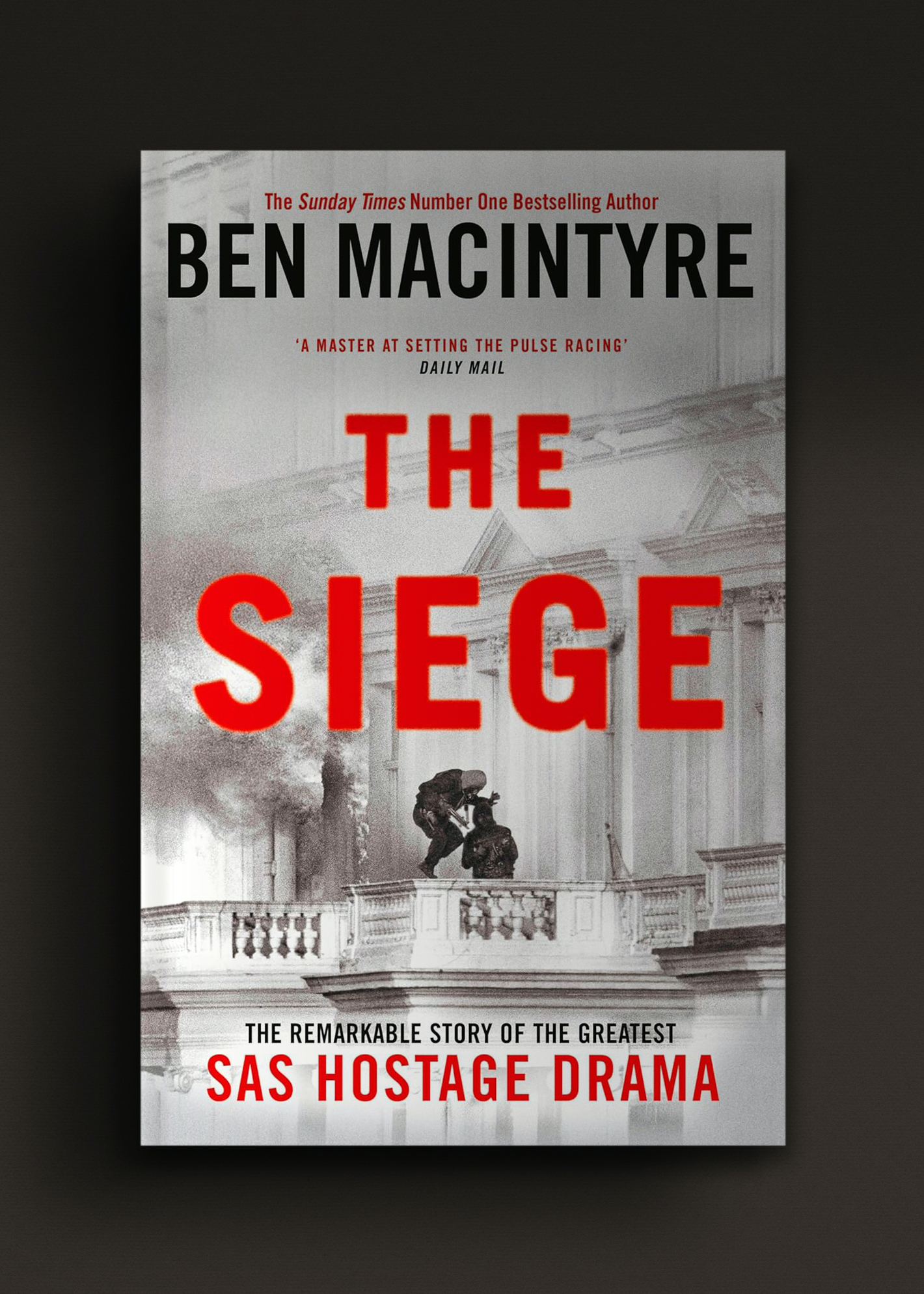
The Siege: The Remarkable Story of the Greatest SAS Hostage Drama by Ben Macintyre
Viking, 12 September 2024
On 30 April 1980, in that little phase of time between Thatcher's arrival in Downing Street and the start of the Falklands War, a group of six heavily armed men stormed the Iranian Embassy in London. The attack was sudden and unexpected and it led to an extraordinary six-day stand off with the British government. This is the story Ben Macintyre dramatically reconstructs in his new book, The Siege.
Macintyre, the author of titles like The Spy and the Traitor and Colditz, is perfectly at home recounting this 'remarkable' episode. The story is confined by its short six-day timeframe and by the firm brick walls of the embassy. These facts generate a sense of focus and tension, but Macintyre balances the drama of the plot with insight into the politics of the age. Using unpublished material, he presents his new account of what drove these six Iranian men to such desperate ends.

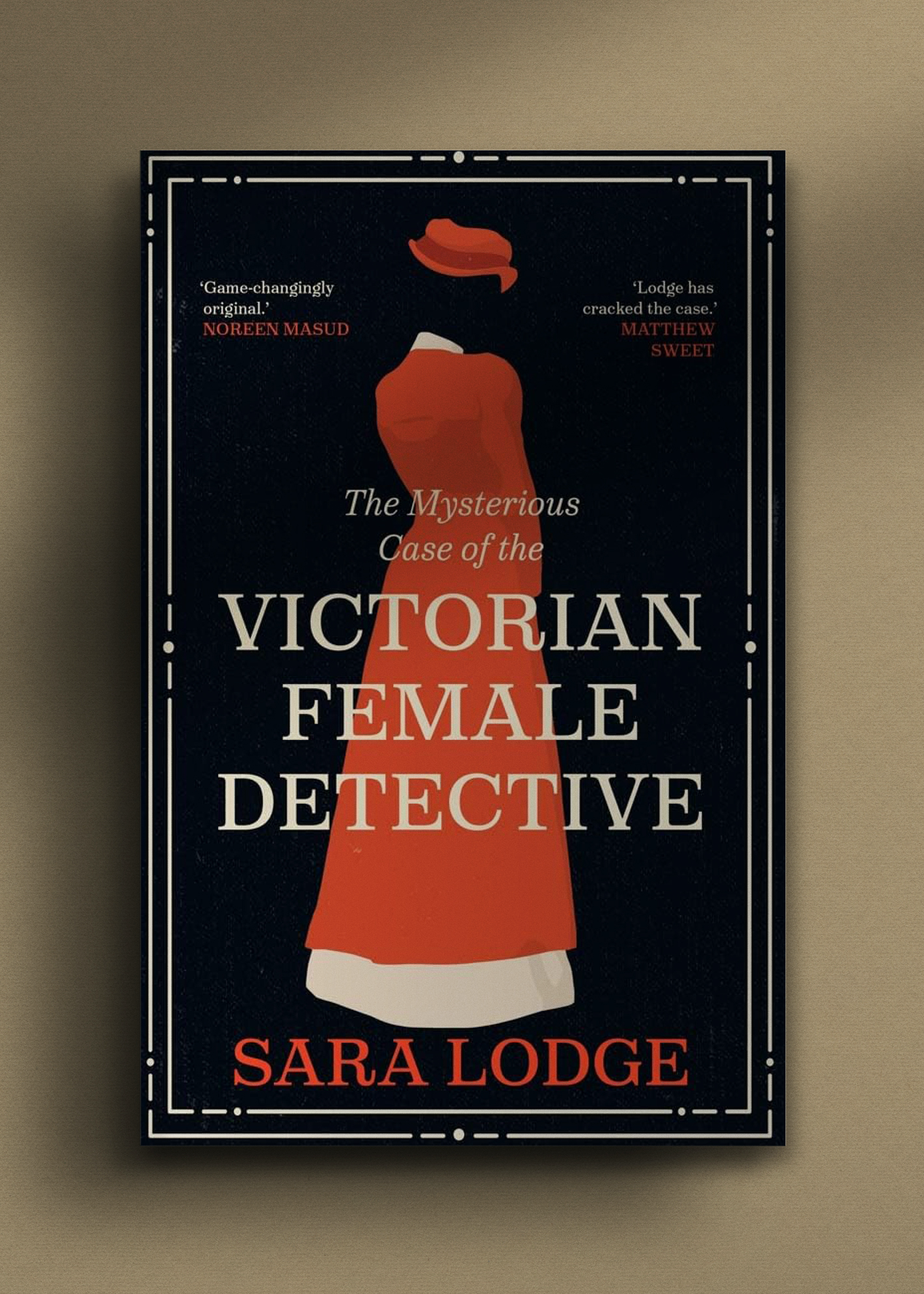
The Mysterious Case of the Victorian Female Detective by Sara Lodge
Yale University Press, 24 September 2024
The 'detective' was one of the great inventions of Victorian society. In her Samuel Johnson Prize-winning The Suspicions of Mr Whicher in 2008, Kate Summerscale charted the rise of this new persona who made sense of the mysterious through the powers of science and reason.
Summerscale's own protagonist was Jonathan Whicher, a figure whose own reputation was eclipsed, like all others, by Sir Arthur Conan Doyle's fictional goliath Sherlock Holmes. In this stirring and superbly researched corrective, the academic historian Sara Lodge challenges the view that all detectives were men. Indeed, she shows that many women were involved in this pioneering trade and that very many 'forgotten' ones excelled in it too. The Mysterious Case of the Victorian Female Detective provides a fresh view of this fascinating historical subject.

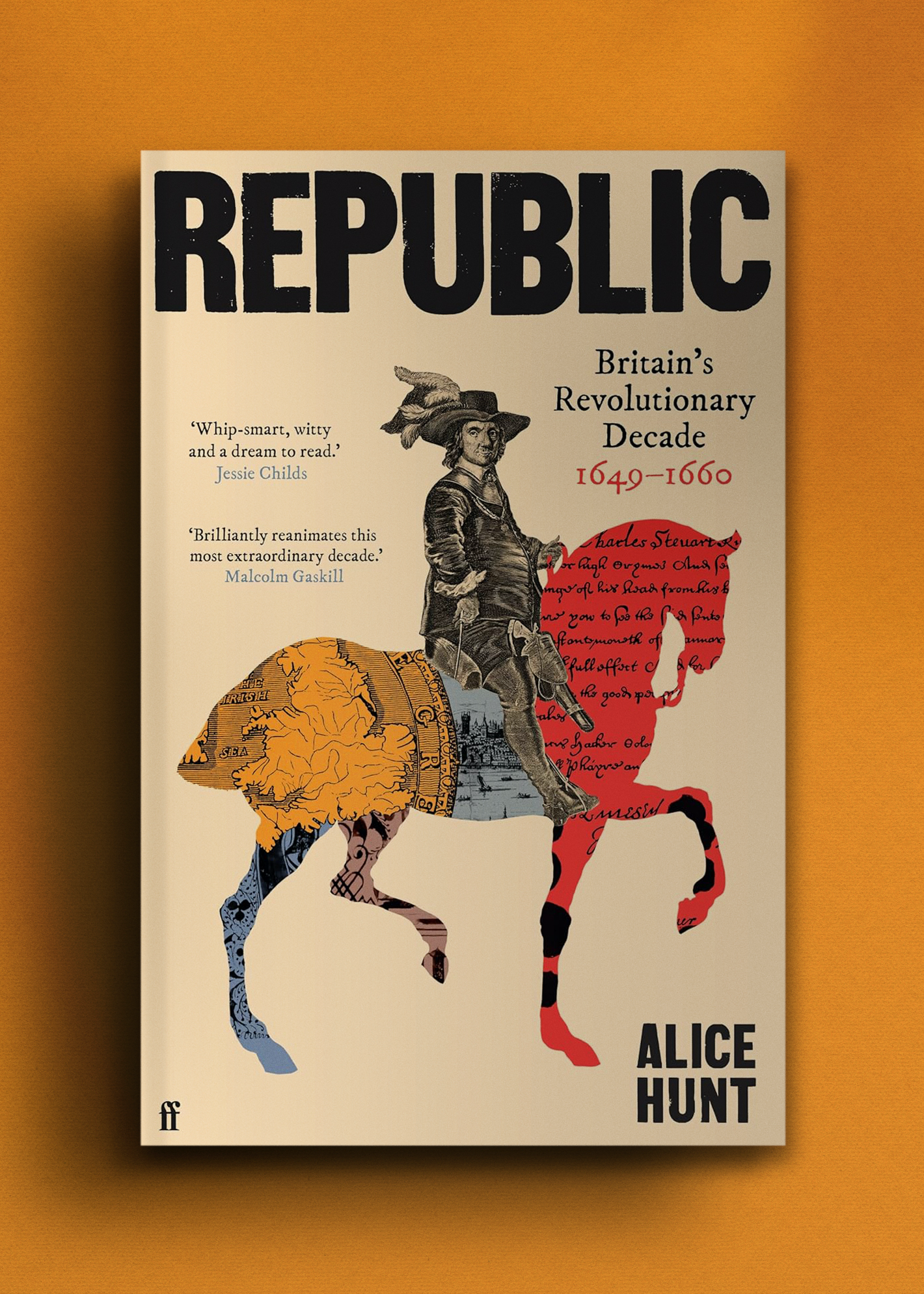
Republic: Britain’s Revolutionary Decade, 1649–1660 by Alice Hunt
Faber, 26 September 2024
Britain's most senior judge, the great Lady Hale, memorably argued in her book Spider Woman that the seventeenth century was the most important epoch in English history. This was the century in which English society descended into revolution and out of which the Great Britain of today, with its Parliament and representative democracy, eventually emerged.
Right at the heart of this century lies the years that Alice Hunt calls 'Britain's Revolutionary Decade'. This decade, 1649-1660, was the one that saw the end of Charles I and the rise and fall of Oliver Cromwell. In recent years, from historians like Paul Lay and Anna Keay, there have been brilliant new works on this time, which continues to be a stubborn blackspot in English historical memory. Alice Hunt's bold and stylish new history, The Republic, reanimates the action of those years once again. It is a perfect autumn read.
The Execution of King Charles I
Alice Hunt, the author of 'Republic', takes us back to a chilling moment in English political history

This month's Previews were by Peter Moore.
📸 Dive into our Features
🎤 Read Interviews
🎧 Listen to Podcasts
🖼️ Buy fine art prints & more at our Store


